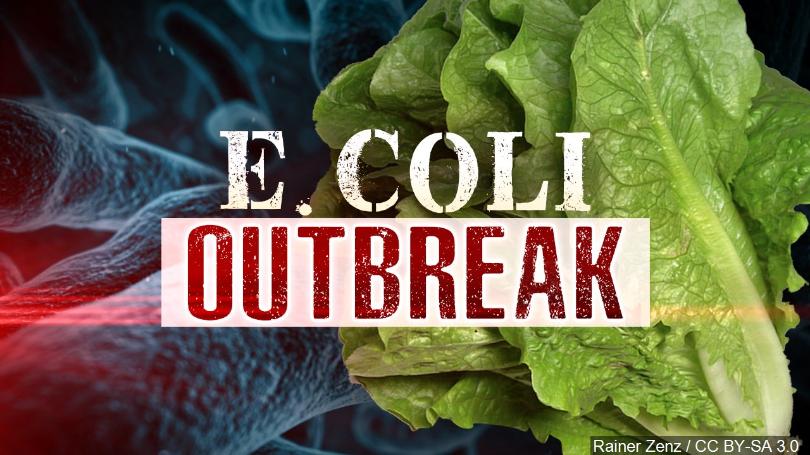E. Coli Outbreak in Romaine Lettuce
December 17, 2018
On November 20, 2018, the Center for Disease Control and Prevention announced an outbreak of Escherichia Coli (more commonly known as E. Coli) in romaine lettuce and advised against the individual consumption of romaine lettuce and the serving of the vegetable by restaurants or retailers. This guideline applies to romaine lettuce harvested from the northern and central California sector known as the Central Coast growing regions, including the counties of Monterey, San Benito, San Luis Obispo, Santa Barbara, Santa Cruz, and Ventura, according to the CDC. Lettuce from Imperial and Riverside Counties of California, as well as from Florida or Mexico, is not related to this outbreak and has been deemed safe to eat.
As of November 26, 2018, the CDC reports 43 people, 11 from California, being investigated from their reported strain of E. Coli. These people range in ages from 1-84, and 88% of people reported having eaten romaine lettuce. However, it can take two or three weeks for the illness associated with E. Coli to manifest, so later incidents may not be yet apparent to the victim. No deaths have been reported.
Dr. Scott Gottlieb, an FDA Commissioner, admits that the organization has not yet tied the investigation toward a specific grower or a brand, but they are “confident” that it is tied to romaine lettuce. It is thought to be the industrial farming methods and exposure to chemicals that have caused this turn of events. While the subject is still being investigated, it is safe to say that romaine lettuce should be avoided until the root of the problem can be identified and resolved.












